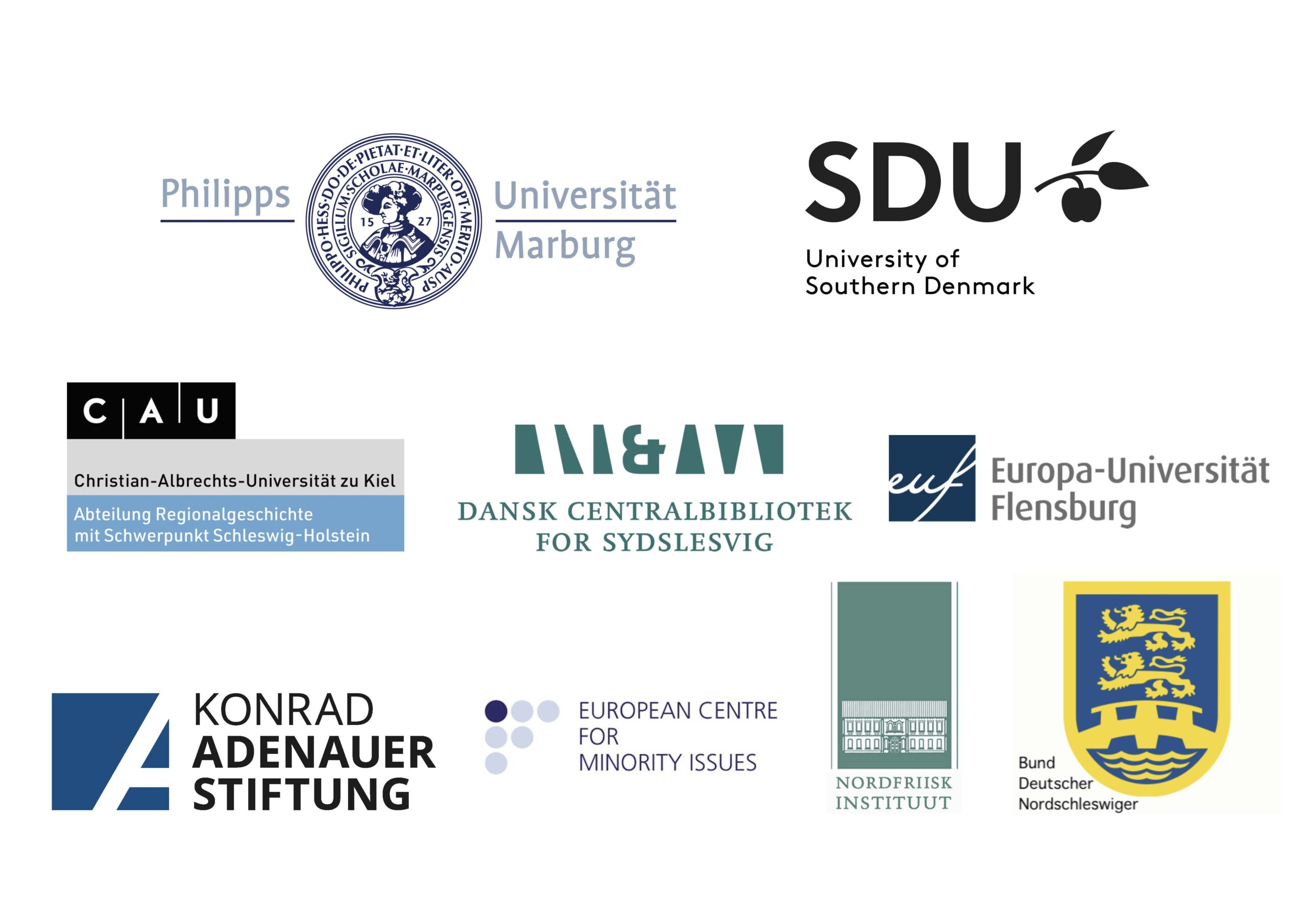From Confrontation to Cooperation
The Process of Reconciliation in German-Danish Relations in the 20th Century
August 3 – 9, 2025
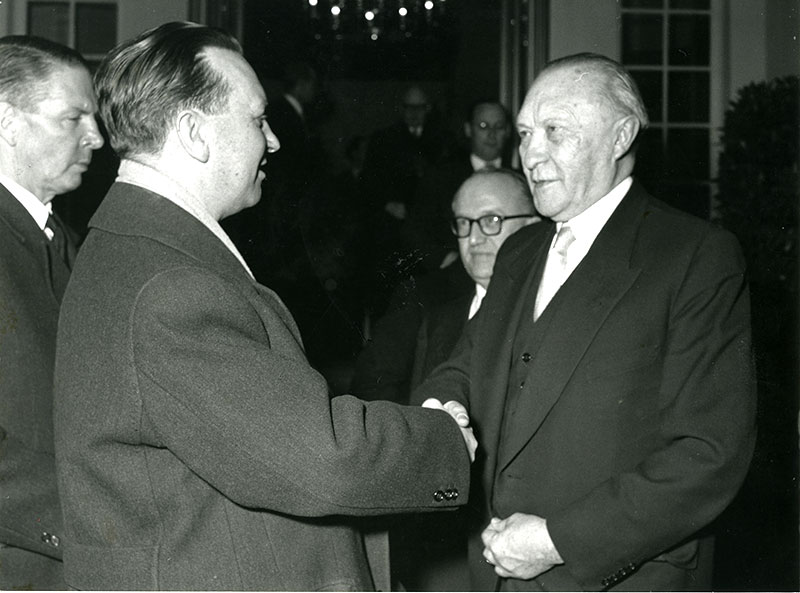
The German-Danish border region has changed fundamentally over the past 100 years: from a disputed strip of land between two unequal neighbors to a model region for national minorities and peaceful coexistence. The border, established by referenda in 1920, remained controversial for a long time, both among the national minorities and among the respective majority populations.
The Summer University will examine the background and current challenges of the neighborhood in the north. 1945, the “zero hour” of German-Danish relations, marks the starting point of the seminar. Within the framework of NATO and European cooperation, a trusting relationship has developed between the two countries.
The Summer University ’25 also focuses on the situation of the minorities living in the German-Danish border region, who were politically and socially disadvantaged in the interwar period, but today have a special function as European bridge-builders.
The process of reconciliation between Denmark and Germany is discussed using the example of the German-Danish border region. In particular, the question is asked whether the blurring of national borders has led to a transnationalization of intergovernmental reconciliation.
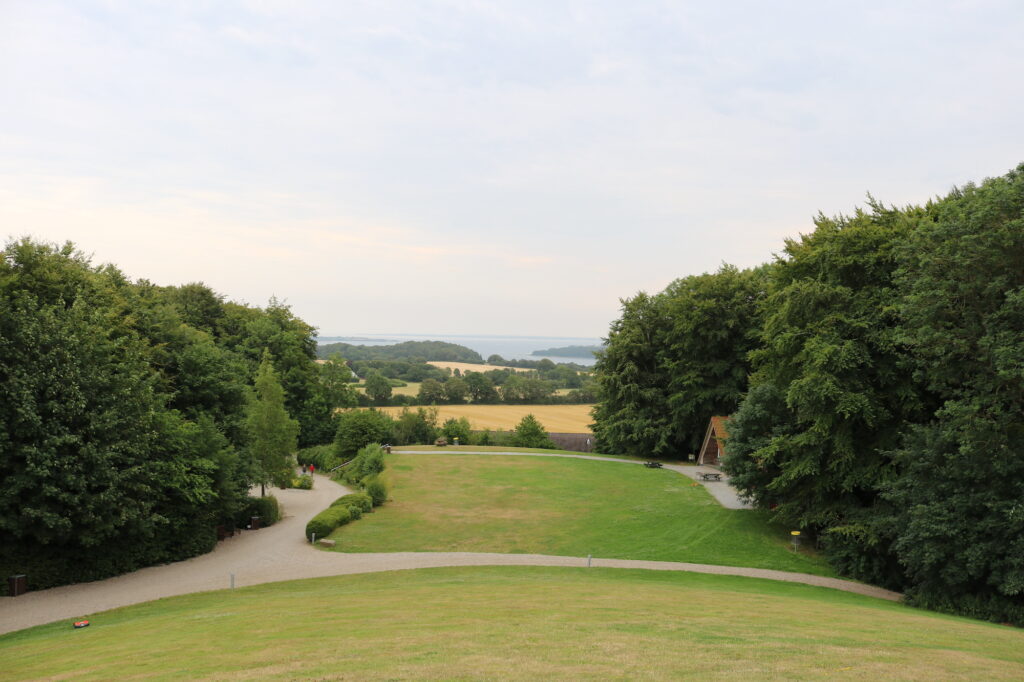
An intercultural place of learning
The summer school will examine different national narratives, visit regional memorials, and discuss the importance of national minorities to contemporary society. Participants:will work in small groups to create various podcasts to understand and communicate both the specific stories and their uses. Here they will have the opportunity to work with individual perspectives on history, culture, and politics in a multi-ethnic society.
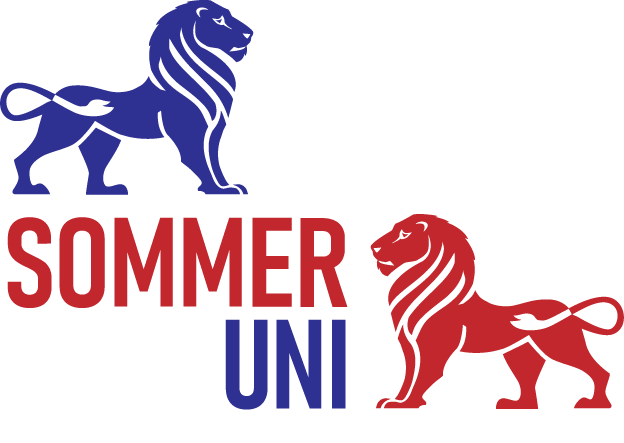
International participants and interdisciplinary research
As a cooperative event of the International Business Communication Studies and the Center for Border Region Studies of the University of Southern Denmark, the Institute for Hessian Regional History of the Philipps-University of Marburg, the Department of Regional History of the Christian-Albrechts-University of Kiel, the Frisian Seminar and the study program European Cultures and Societies of the European-University of Flensburg, the Konrad-Adenauer Foundation for the Promotion of Foreigners, the Association of German Northern Schleswig and the Danish Central Library for Southern Schleswig, the Summer University is aimed at students of various disciplines.
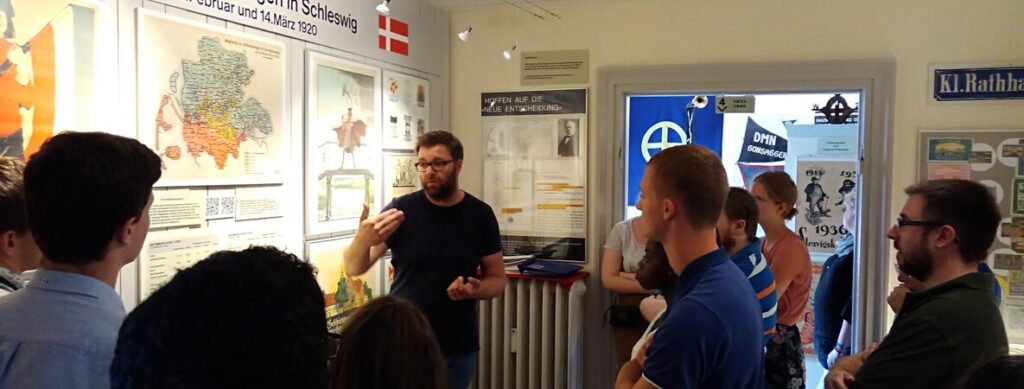
The international and interdisciplinary structure enables the participants to analyze the development of a historical border region from different perspectives. This opens up a new perspective on the history and present in the German-Danish border region for students and lecturers alike. The Summer University thus represents an innovative place of study and encounter that consciously promotes professional, interdisciplinary and intercultural exchange. Working languages of the Summer University are German and English.
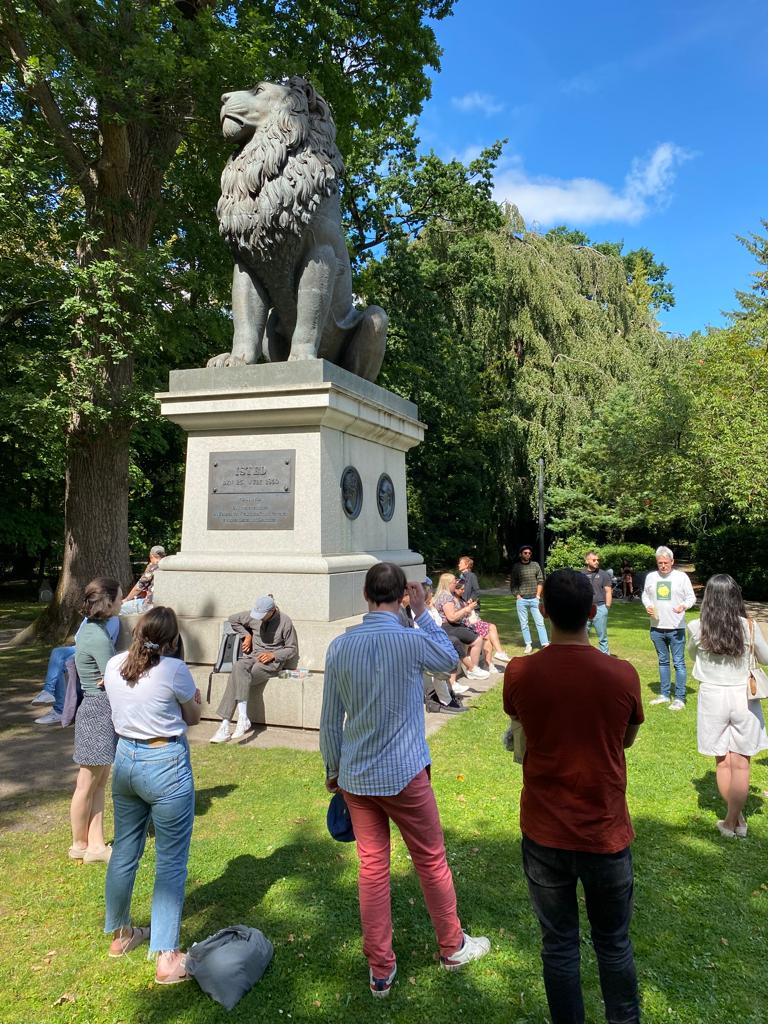
Participating Institutions
